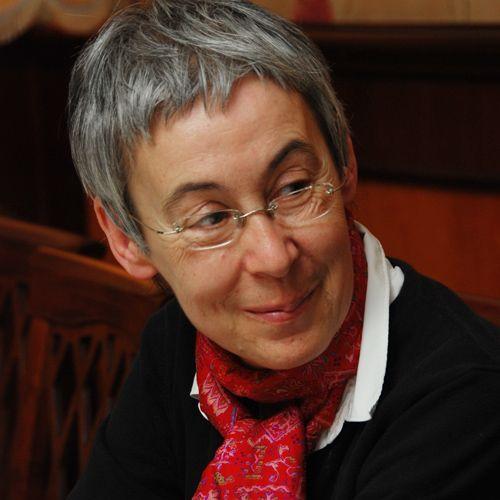Understanding cultural nuances is essential for building effective connections. On October 7, 2024, SWPS University hosted a webinar featuring experts in migration and acculturation psychology. Dr. Maria Baran from our Faculty of Psychology in Warsaw and Prof. Halina Grzymała-Moszczyńska from Ignatianum University in Cracow discussed how cultural differences influence interactions between Poles and Ukrainians. This session was the first in a series of three meetings addressing various aspects of Polish-Ukrainian relations. Watch the recording to learn more.
An honest conversation about what unites us and what sets us apart
The first meeting focused on the challenges of intercultural cooperation. While Poles and Ukrainians have many similar experiences, significant differences between our cultures exist that affect everyday interactions. Dr. Maria Baran and Prof. Halina Grzymała-Moszczyńska discussed the most common difficulties resulting from these differences and offered suggestions on how to recognize and address them.
The webinar addressed several key questions, including:
- What are the most challenging cultural differences between Poland and Ukraine?
- How to avoid the trap of minimizing these differences?
- How to talk about these differences in the context of Polish-Ukrainian cooperation?
The discussion went beyond theory and featured real-life examples of how cultural misunderstandings can disrupt cooperation in organizations, institutions, and local communities.
The meeting was held as part of the project "ER–UA. Strengthening cooperation with Ukrainian universities within the framework of the European Universities Initiative" funded by the Polish National Agency for Academic Exchange.
Watch the webinar
The recording is available with English and Ukrainian subtitles.
Hosts of the webinar

Professor
Halina Grzymała-Moszczyńska
Is a professor of psychology and the chair of the Department of Psychology of Religion and Spirituality at Ignatianum University in Cracow. She specializes in cultural psychology with a focus on the psychology of migration. Her research examines the acculturation experiences of Poles living abroad and foreigners coming to Poland. She also studies the challenges of cultural adaptation faced by children from Polish families returning from emigration. In collaboration with her research team, she recently worked on the project "Superhero in a Skirt: Psychological Resilience of Ukrainian Refugee Women in Poland."

Ph.D. / Assistant Professor
Maria Baran
Is a cross-cultural psychologist specializing in the psychology of migration and acculturation, in particular psychological resilience of migrants and intercultural competence. In addition to her academic role, she offers consultations and short-term psychological support to migrants in crisis, and conducts intercultural competence training. She co-developed the recommendations for foundations which provide support for Ukrainian refugees living in Poland. These recommendations were published as Superbohater w spódnicy. Odporność psychiczna Ukrainek uciekających przed wojną w Ukrainie do Polski - raport z badań i rekomendacje dla trzeciego sektora ["Superhero in a Skirt: Psychological Resilience of Ukrainian Refugee Women in Poland – Research Report and Recommendations for the Third Sector"]. She also contributed to another project – Gościnna Polska 2022+. Jak mądrze wesprzeć Polskę i Polaków w pomocy osobom uciekającym przed wojną w Ukrainie? ["Welcoming Poland 2022+. How to Wisely Support Poland and Poles in their Efforts to Help People Fleeing the War in Ukraine?"] – which provided recommendations for the integration policy concerned with the migration triggered by Russia's attack on Ukraine.
Explore other webinars in the series
Organizers
Studying the resilience of Ukrainian women fleeing war
The webinar was part of a research project that resulted in the publication of the report Superbohater w spódnicy. Odporność psychiczna Ukrainek uciekających przed wojną w Ukrainie do Polski - raport z badań i rekomendacje dla trzeciego sektora [Superhero in a Skirt: Psychological Resilience of Ukrainian Refugee Women in Poland – Research Report and Recommendations for the Third Sector]. The report, available only in Polish, can be accessed on the report’s website
The study included in-depth interviews with 33 women who fled to Poland after Russia's invasion of Ukraine in February 2022 and were still living in Poland during the research period, between December 2022 to March 2023.